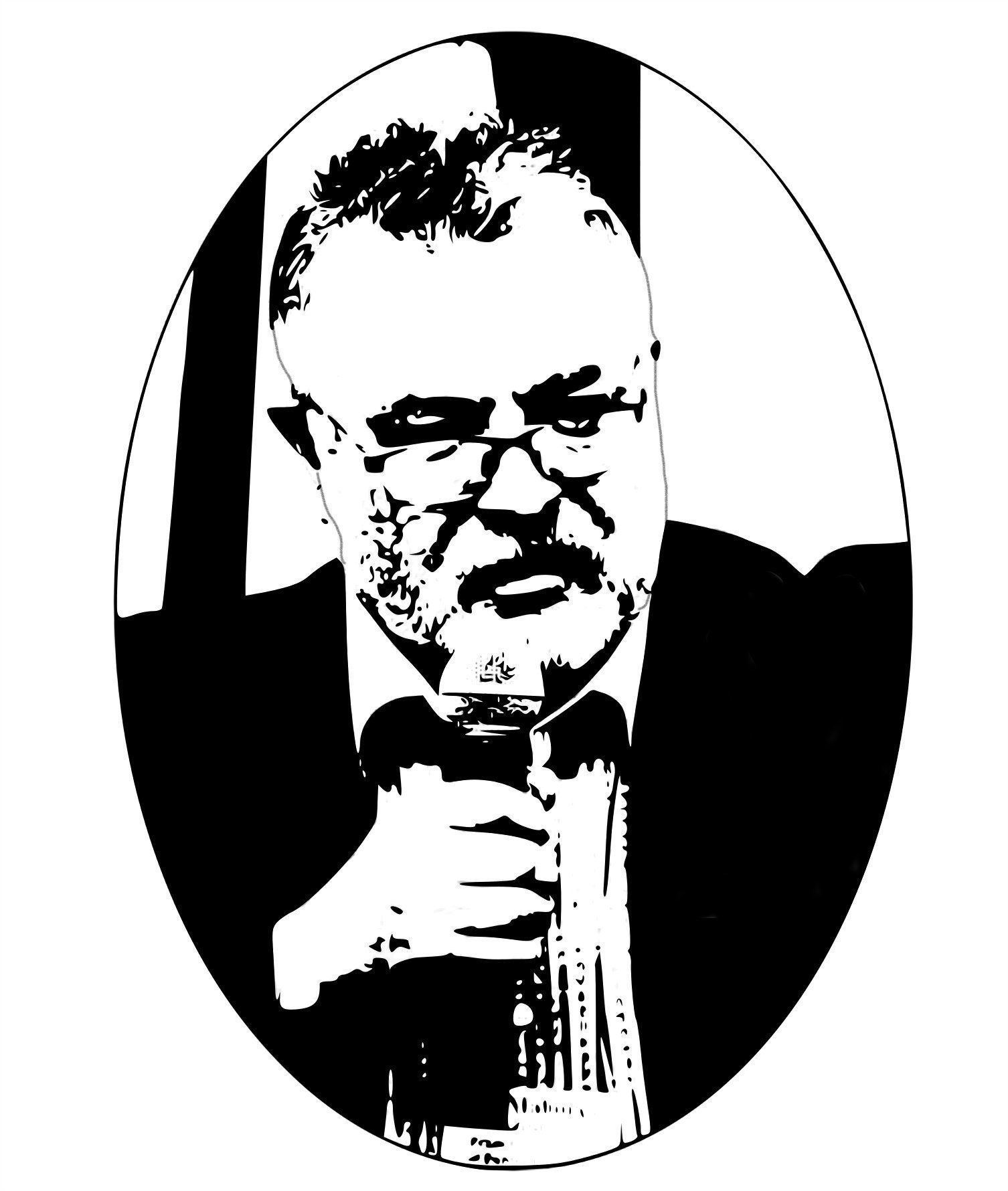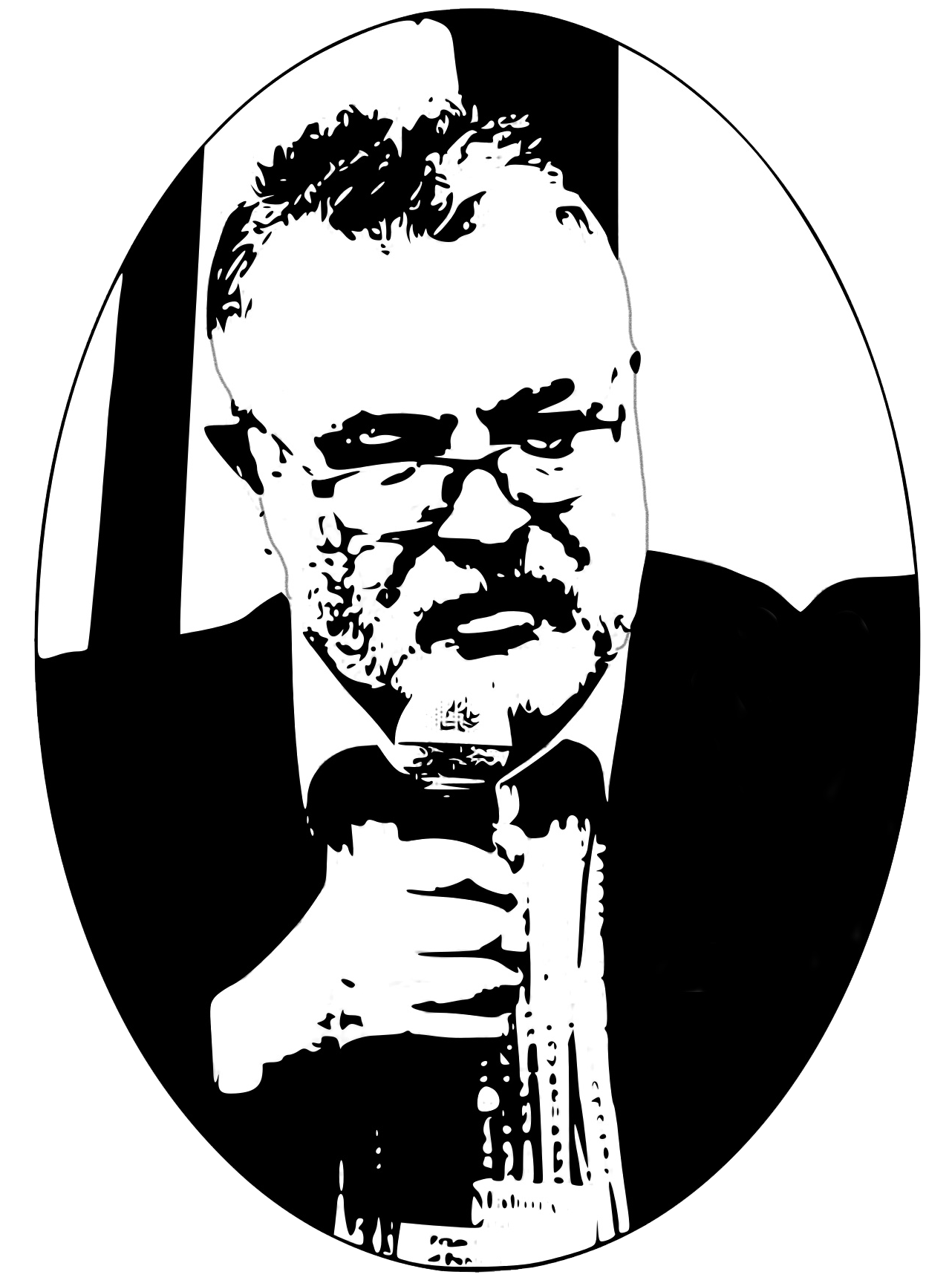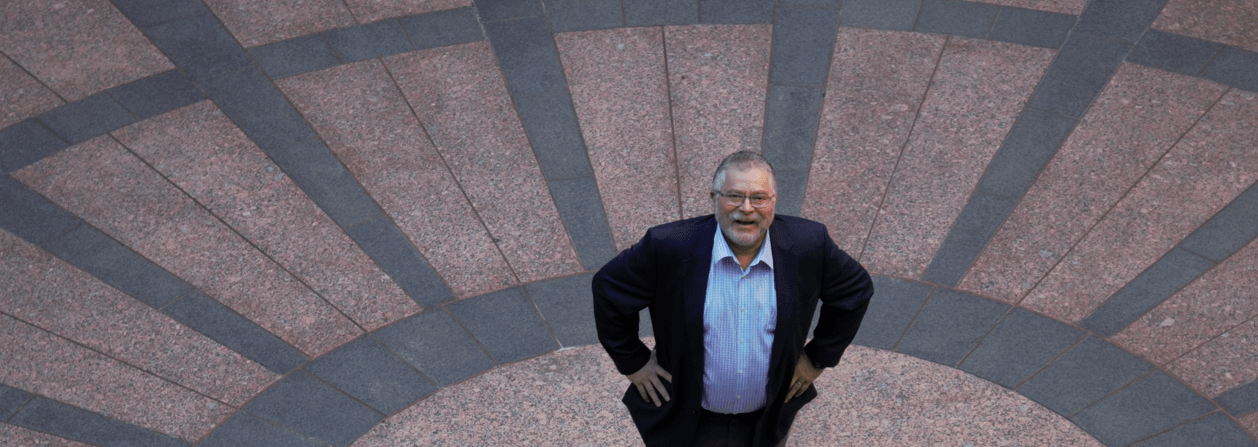Affordable Wills &
Estate Planning For
All Texans
(512) 326-9944
Gifts from the Pandemic #2: In the Long Run is Now
Pandamic #2: Visions from a Turbulent Present...
Pandemic #2: The Long Run is Now (Tim Mahoney, Summer 2020)
“I knew it was a lie”, thought Carlos Vasquez, a 37-year-old native of Marathon, Texas, most recently a resident of San Antonio; he was a newlywed husband of Gracie Gomez, a Texas State Representative. They met three years ago at a San Antonio political event. Carlos was a political operative, and she was up and coming, a relative of important people in the State Democratic Party, i.e. the Party Chair, Alexander Gomez. The lie referred to a promise that his father-in-law made to him just after the last election:
“If you want universal health care, you need to listen to Glade Travis.”
Glade, a well-known former elected Commissioner of the Texas General Land Office, a populist who knows a thing or two about making deals. It seems to be upon Glade Travis to make changes in all things necessary to build Healthcare for all in Texas. “That’s all and good,” Carlos responded, “but what is the hope that he has the gravitas to move the population to get the job done. I mean in order to get policies developed for “regular folks”, you need to have an on-going movement.”
On the other hand, Glade did not appear to know anyone who had any experience for promoting “movements.” He had manifested a tendency to run people off that did not tow the company line, i.e. his company line.
On the other hand, you don’t always know the next best steps when you wake up, looking at a ceiling in your grandmother’s house outside of Marathon, somewhere between South Texas and West Texas in a nowhere location where the biggest industry is as a service for Big Bend National Park. “I do believe that I could not imagine this place if it was not otherwise here in all its glory,” Carlos thought. He and Gracie had arrived here the evening before after an all-night drive from Westside San Antonio, Interstate 10 all the way into the dry Hill Country. The ‘Hill Country” was formed by deep depressions from millennium changes formed by rising land or receding seas. As the shallow seas receded, the landscape took on the form that now is Texas, New Mexico, and Arizona, before it all erupts into the coastal greens of California.
But in Marathon the land seems to be more stark, dry and barren. But for the people who lived there, it just brought out their latent artistic tendencies. Abuela’s home, which had been built piecemeal over the decades, she called ‘La Loma Del Chivo’, the Goat’s Hill.
Interstate 10, most of the year, is just hot, burned land turned into deserts. To fight the boredom during the drive, he liked to notice when the former ocean islands would turn into hills; many times they turned into flattops, like the former islands they were. Flattened by the wind, with slopes down to the ocean floor before the ocean sank, or the land lifted, leaving behind all those dead sea critters to be available as limestone caverns with clear waters in the aquifers, and for modern excavation for fossil
construction.
It just did not seem as though it would last.
“This is a strange kind of pretty” he said, turning to his wife, but she was asleep, and did not hear. Carlos had been working political jobs for the last five years, but that was all about to change, and the family reunion in Marathon was as good a place as any to figure out the next steps.
“Might as well get the whole thing sorted out while I’m with the extended family and have a little time to sort it out with people I trust” he thought.
“Getting away from San Antonio was a good idea” he said to his wife, as she slowly started to wake. “Hey, while we’re at Marathon, why don’t we take a trip over to Cibolo Springs Ranch and see if they’ve put up any memorials because of the death of that Supreme Court Judge.” Gracie nodded in approval. Carlos stopped his musing, rolled out of bed and into his shoes on the floor, where he had tossed them when he jumped into bed after they arrived late last night.
“Gracie, wake up, we have to get to Cibolo Springs before the party this afternoon.”
“OK, OK,” she said as she drew the covers over her head and rolled to the side. “You get the breakfast to go, and I’ll be ready in a minute.”
Grandma “Abuela” Johnston was from the Irish side of the family. The Irish had followed the railroads out to towns like Mineral Wells, Fort Stockton, El Paso and Lubbock 100 years ago, and had dropped off members of the Irish tribe as they had run out of work, or as they had become entangled with some of the locals, starting their own families.
Abuela Johnston had flaming red hair from her Irish grandfather, who had favored Abuela’s grandmother with a child. Abuela’s grandfather had promptly moved on, leaving his wife to fend for herself, which was not so difficult in a land of strong women. Abuela’s red hair was so striking that it seemed incongruous when she spoke with that West Texas desert drawl, combined with the Spanish accent modified from the family being in the desert for so long.
“When a man leaves a woman with children, he wasn’t no good anyway” she used to tell us, but I never thought she meant him much harm. She loved her children and grandchildren and loved having them help in the restaurant.
This year for the family reunion, Abuela had made arrangements for the party to happen in the great old hotel, the Gage. It was special because it was not cheap, and all five children and many adult grandchildren had agreed to make it happen because, well, I think everyone realized that Abuela was not getting any younger, and the children had gone to many other parts of the State, from El Paso to Dallas to San Antonio to the Rio Grande Valley.
It was like going to the last Hoorah of the Vasquez-Johnston clan. We all wanted it to be special becauseit was all changing.
Carlos had a special reason for being here. His mother had moved to San Antonio for college and started her family there, marrying into the Vasquez family, who had a long history in local and Texas politics going back for at least four generations, including time with the political boss in Duval County. He was the one who found those 200-extra dead people to vote for Lyndon in 1948. It was just the way politics was played then, and once you had connections, a smart politico would continue to dance with the old
crowd.
Of course, they didn’t hang with those who were real racists, although it would be tough sometimes finding that balance between bringing home the bacon and loosing face in the community. In the end, patrons are patrons, but sometimes you just can’t face your West Texas relatives when you look back.
The Gage Hotel had a large dining room, old western décor when the original owner, the old cattle baron, had built a fine house around one of the few wells in the area in 1926. It still stood out in its excess, relative to the surrounding 50 square miles. It was reminiscent of another old cattle baron’s home 75 miles to the south, now used as a high-end hunting lodge, a place so nice, that someone bought a ticket for that Supreme Court Justice to go there and die in 2018. But they still were able to fly him out in that small airport just outside Cibolo Creek Ranch resort.
They drove to Cibolo Creek, an hour-and-half drive through Alpine, Marfa and then the last 30 miles south on 67. Almost there. they passed the mandatory border patrol station, its agents alternating between stern and interested as they asked the preliminary questions to determine one’s reason for being there.
“We’re going to Cibolo Creek for a short visit, and then we’ll be right back.” Gracie told them. They smiled, but did not seem to understand or care. Cibolo Creek is a high-end resort, with a Marfa address, and its own little Airport, the Cibolo Creek Ranch Airstrip. This is really how the experienced travelers get around, at least those with private or rented planes.
Of course, they did not have reservations, so they stood outside the locked resort gate entrance on the other side of the road from the Airport landing strip, and read the historical markers. “I don’t think that even Justice Scalia had his own plane.” Carlos volunteered to no one in particular. “Scalia was a member of this group called The International Order of St. Hubertus, a mystery organization of the very rich and connected. It’ll be a new day when that goes up on a historical marker here. Until then, we just wait and muse and wonder what went on.”
They stayed another 30 minutes, waiting to see if someone would drive down from the resort, moving to the side of the gate camera, until they finally just drove back to the Gates Hotel. When they arrived, Gracie announced that she was going to take a nap before the family dinner. Carlos moved into the kitchen and watched Abuela organize the cooking scene, expertly moving people and foodstuffs about. It was like a small military operation.
“Grandma,” Carlos asked, “Why is it so many people don’t trust each other in politics?” Abuela paused for a moment over the gravy that she had been slowly stirring. She tapped the big wooden spoon a couple of times on the side of the iron skillet, and turned to the young man. “Maybe,” she started, slowly, “quién sabe? Maybe it’s because most of us don’t trust each other. We’re
just lucky in this family, but I don’t know how much longer that will go on, even in this family, after I’m gone.” She looked over at her grandson, shrugged her shoulders as if to say, the same thought again, ‘what can be done about it, no es importante’, then turned and continued to slowly stir the gravy.

MAILING ADDRESS
Principal Office in Austin, Texas
Mailing Address: PO Box 1544, Austin, Texas 78767
2021 Guadalupe, Suite 260, Austin, TX 78705 (Appointment Only)
CONTACT US








Share On: